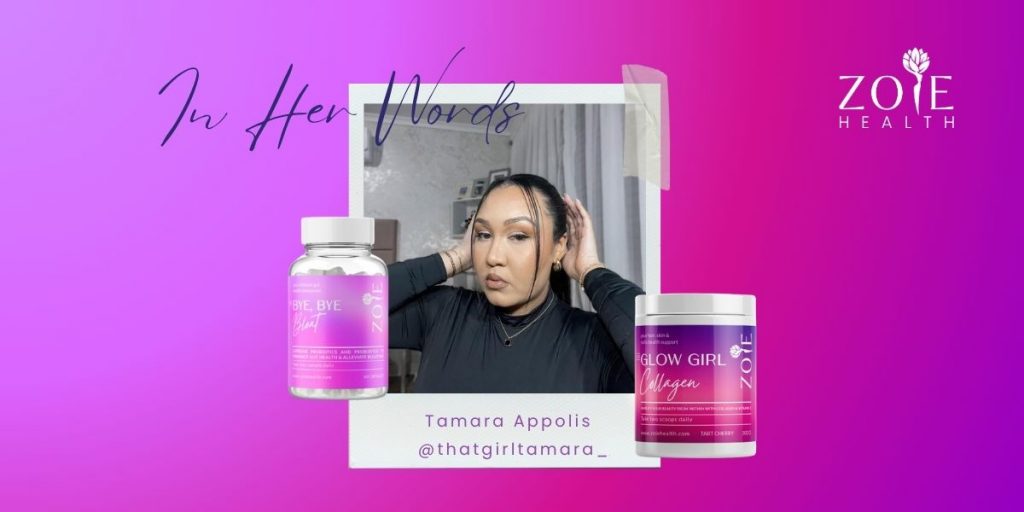Did you ever feel Postpartum Depression? Let’s break it down for you. If you’ve ever given birth, you’d be familiar with the feeling: the extreme exhaustion that came from being awake for two days straight because no matter what you’ve tried, your newborn just. Won’t. Sleep.
Or maybe just one comment from someone has you in full-blown hysterics and you can’t quite say why. For many women, the Baby Blues – formally called postpartum dysphoria – is a normal part of childbirth: a two-week period of anxiety, sleeplessness, mood swings and lots of crying. But what if you’ve been feeling this way for longer: for weeks, or even months?
If you’re nodding your head, know that you’re not alone. Around 15 to 25% of mothers around the world suffer from postpartum depression (PPD), and in low-income households, that number is much higher.
Recognising the Postpartum Depression signs
If you have been feeling particularly anxious and are wondering if something is wrong, merely asking the question is often a sign to reach out and get help. Other signs you may be suffering from PPD include difficulty bonding with your baby, difficulty sleeping, or even sleeping too much.
Perhaps you’ve become withdrawn from your friends and family, or you’re just not interested in things that you enjoyed before. On a deeper level, you may be having thoughts about harming your newborn or yourself or having a feeling of hopelessness.
Getting Help
If any of these resonate with you, you could be suffering from PPD. But there is help. Your GP, during your doctor’s visits to check up on the baby, should be taking note of your condition, too. Don’t be afraid to be honest about what you’re going through. Your doctor should be able to refer you to a psychologist, who can help.
Need help? Find a therapist here.










2 Responses
Need a therapist, ive been going through PPD for sometime now. Im from johannesburg
Late response but we hope you found relief. If you haven’t please book at session with one of our psychologists at book.zoiehealth.com or join a circle on our mobile apps or website community.zoiehealth.com to get free advise from a health care professional